PREFACE
Introduction to The Four Vedas
The Vedas are accepted as the most ancient text of theworld in the history of mankind. In the Indian Vedic tradition,the Vedas are considered to be God-imparted incomparableknowledge.
Various literates, religious scholars, sect-promoters andaphilosophers have accepted the Vedas as a storehouseof knowledge useful to human beings and they also acceptedthe Vedas as declarative of theology, duty and deeds andof law.
In the present times, Maharshi Svami DayanandSarasvati, the founder of Arya Samaj, revived and broughtto light the lost Vedic texts, and wrote scholarlycommentaries on them in Samskrita which were latertranslated into Hindi by other Vedic scholars to reveal theeternal truths contained in the Vedas to the general public.Due to his untimely departure, he could not complete hiscommentaries on all the four Vedas. The commentary of theRgveda was written by Svamiji up to the second verse of the61st hymn of the seventh chapter and his entire commentaryof the Yajurveda is available to the readers today.Sarasvati ji wrote the
Maharshi Svami Dayanand Rigvedādibhāshyabhumikā, (An Introduction to the Vedas)to inform and acquaint a general reader before he starts tostudy the Vedas, regarding the basic facts about the Vedas,particularly about the main subjects of the Vedas, the originof the Vedas, the continuity of the Vedic knowledge, andawhich of the Vedic texts are the Vedas, about the right toread the Vedas to all human beings, and also about thevarious sciences revealed in the Vedas. These and otherimportant subjects have been discussed in this book, and allarguments given have been supported from quotations and evidences from the ancient treatises, as well as from thabooks written by the modern so-called scholars of the Vedas.
Maharshi Manu and all other patriarchs have consideredthe Vedas to be the original source of all knowledge andsciences useful for human beings. And to confirm this truth.Svami Dayanand has clearly shown the presence of variousspiritual, religious, philosophical, social and knowledgebased disciplines revealed in the Vedas in his Introductionto the Vedas, the Rigvedādibhäshyabhumikā.
When Svamiaji describes the Vedas to be the origin of all knowledge andthe fountain head of various specific disciplines, in fact hedoes not say anything new. If we try to know the opinion ofthe first architect of the human constitution, Maharshi Manuregarding the Vedas, then we come to know that he alsoconsiders the Vedas to be the Scriptures of all true knowledge. He says:
सर्वज्ञानमयो हि सः।
Sarvajñānamayo Hi Sah.
Maharshi Manu also makes it clear that the Vedas are the eternal eyes that show the right path to the differentsections of mankind, that is, the Pitris, the Devas, andaManushyas. (Ancestors, Deity & Man) They inspire all ofthese three to walk on the right path. This divine knowledge.that is the Vedas, is the everlasting knowledge of the SupremeSoul. Therefore, there should not be any kind of doubt inthis, nor does this fact about the Vedas need any othertestimony.
Manu also states that the four components of thehuman society, namely the Brahmanas, the Kshatriytas, theVaishyas and the Shudras, as well as the heavenly-world,space-world and the earth, the Brahmacharya (the life ofCelibate), the Grihastha (life of family man), theVänaprastha (the life of hermit) and the Sannyäsa (the lifeof renunciation) all these subjects have been elucidated inthe Vedas. It would certainly not be an exaggeration to saythat whatever has happened in the past, is happening at present and will happen in the future can be known onlyfrom the Vedas.
Describing the Vedas as the origin of all knowledge,Manu Rshi says that the duties of the commander, theknowledge of running the state, morality, qualities of humaneleadership and all the subjects of legislations, of conductingthe administration of the world and even beyond have beendescribed in the Vedas in an orderly manner.
As far as the Supreme authenticity of the Vedas is concerned, all the scholars and philosophers have unanimouslyaccepted that the Vedas are not man-made. They are an actaof God. They have described them as brilliant.
Acharya Kapila,the author of the Samkhya Darshana calls the Vedas selfevident because these were manifested by Svashakti (God’sown power). Maharshi Patanjali, the author of the YogaDarshana, describes the Vedas as the knowledge of the originalGuru, the Supreme Soul who is beyond time and space.
Maharshi Gautama, the author of the Nyäya Darshana,considers the Vedas to be the proof by referring to theauthenticity of the Ayurveda, while Achärya Kanäda, theauthor of the Vaisheshika Darshana, declares his recognitionof the Vedas as the preacher of all temporal andatranscendental duties and being the Divine Word of God.Maharshi Jaimini, the author of the Mimänsa Darshana,accepts the Vedas as the best proof in the discussion offreligion. Achārya Bâdarayana, the author of the VedäntaDarshana, acclaims the Vedas as Supreme, being originatedfrom of God.
In conclusion, it can therefore be said that all theScriptures, Acharyas, religious preachers and missionariesconsider the Supreme authenticity of the Vedas and theirdecisive role in imparting the knowledge of Dharma. Theauthor of the Bhāgavata Purana, states
वेदप्रणिहितो धर्मः अधर्मस्तद्विपर्ययः ।
Vedapranihito Dharmah Adharmastadviparyayah.
that is, the precepts mentioned in the Vedas are the true Dharma and the opposite is irreligion-Adharma,It is regrettable that despite having so much pride, great- ness and prestige, and glorified by all, the Vedas are not much well-known in India, and what to say about its knowledge in other countries. According to history, not forthecenturies, but for millennia, the study and teaching of Vedas had been in vogue in India.
But in the medieval periodnot only their study and discussions stopped, even thelearned community here, also forgot the basic knowledge ofthe Vedas. This is the reason why in the month of November1869, Svami Dayanand Sarasvati went to Kashi, the city of Samskrita learning, and gave a challenge to the world ofPandits and scholars of proving that the new method of idolworship has the sanction of the Vedas. The wholecongregation circle there became silent.
They failed to provethat there is any evidence in support of idol-worship inthe Vedas. The protagonists of idol worship and the idolworshipers had to agree and to accept that although theyhad skills in the various other disciplines of knowledge butas far as the Vedas were concerned, they were blank.
Even today, the situation has not changed that much.What to talk of the common people? How many are therein the educated society, who are familiar with the principlesof the Vedas and their subject matter?
As far as the Vipra(Brahmanas) Class is concerned which considers the Vedasas its monopoly, in their view, the Vedas are merely exponents of rituals and it is sufficient to simply recite the Vedasin various religious and family functions and ceremonies.The author of these lines was astonished vears ago when heheard Dr. Manmohan Singh, the then Principal of the Government College, Pali (Rajasthan), where he was working,asking whether the Vedas really were in existence somewhere? Or, they have ceased to exist? In reply, the aassured the gentleman that he could see the four Veda
Samhitäs in his own personal library.
Looking at this ignorance of not only the un-educatedsociety about the Vedas but also that of the learned civichsociety, I thought of writing a booklet to give introductoryinformation about the Vedas. In the beginning, the ideaof presenting a simple study of Yajurveda which comprises40 chapters and 1975 mantras was considered. Now an attempt has been made to present a simple study of the Rgvedawhich contains 10589 mantras in ten chapters, called’Mandals’.
I am glad to present this introductory book on Rgvedafor our esteemed and valuable readers in the same style asYajurveda presented earlier.
Maghi Purnima,
Vikramsamvat, 2062.owd
‘Ratnakar’
-Dr. Bhawanilal Bhartiya
Nandanvan (8/423)
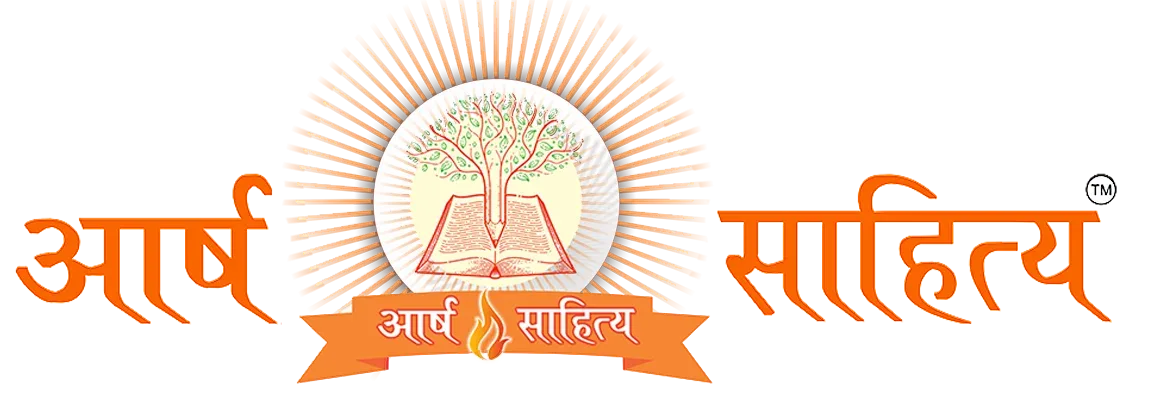
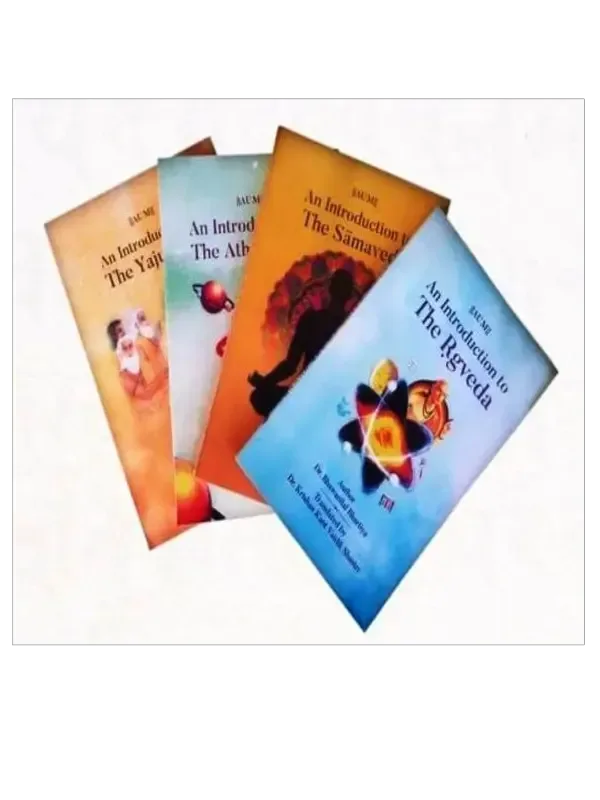
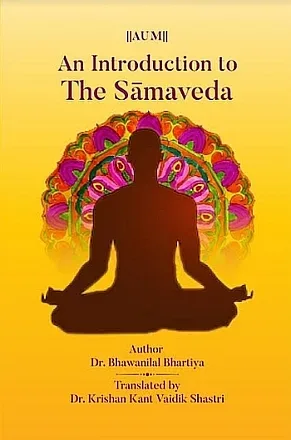
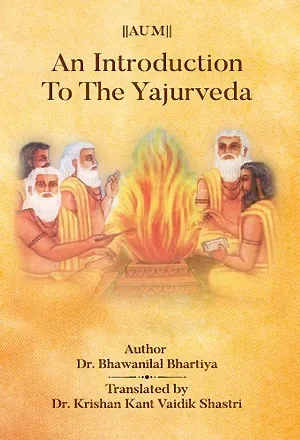
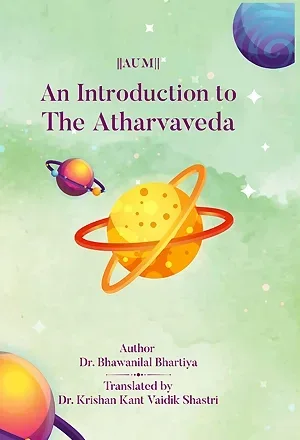
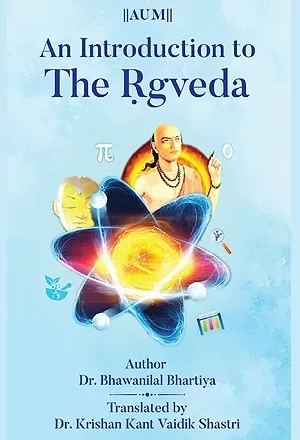
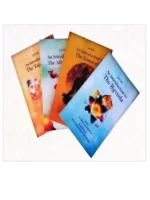
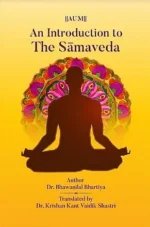
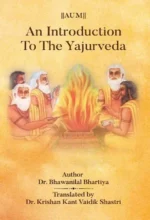
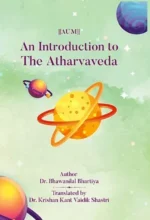
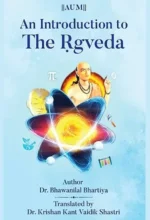
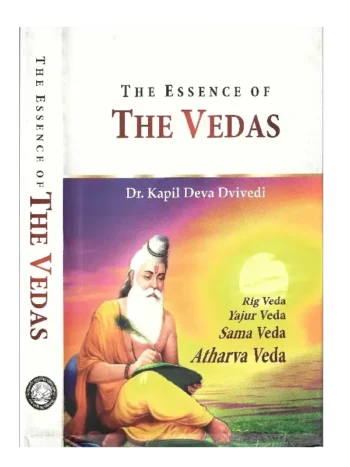
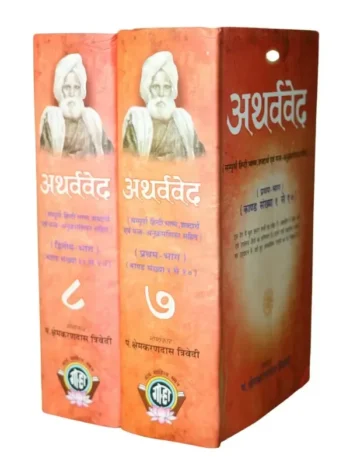
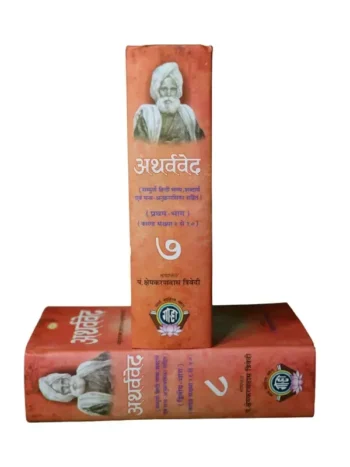
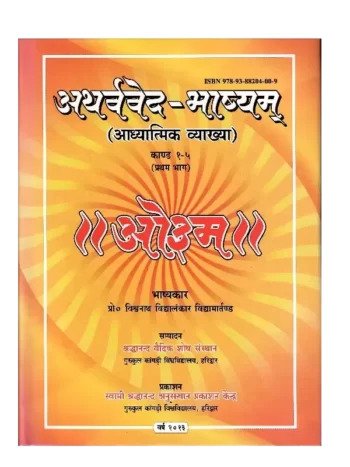
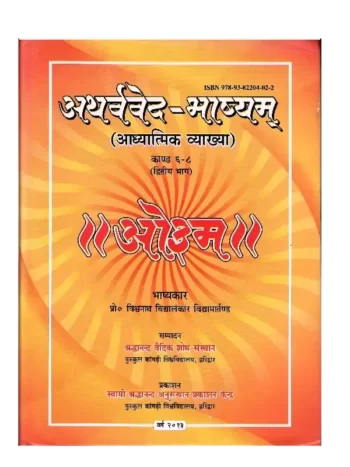
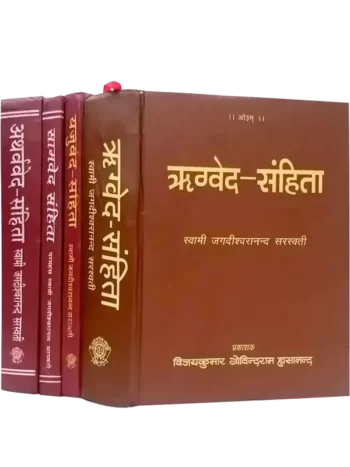
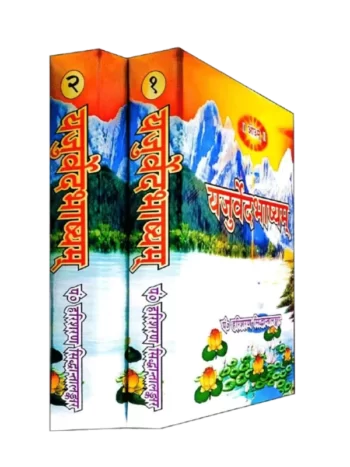
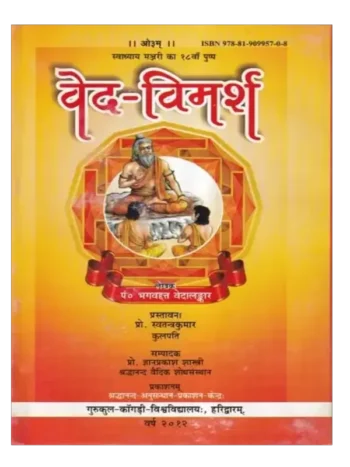
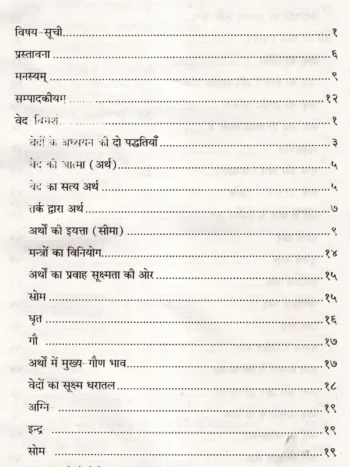
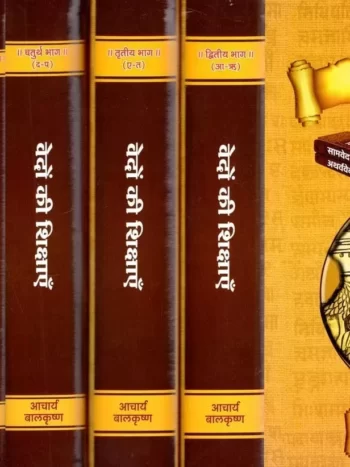
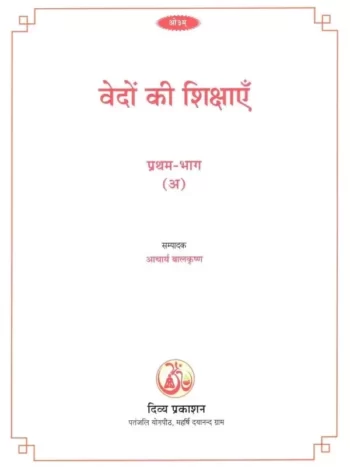
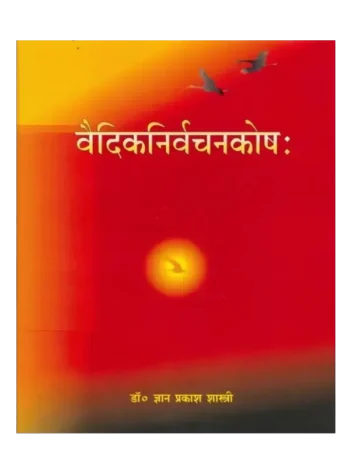
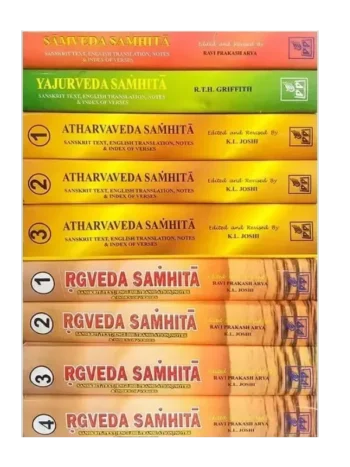
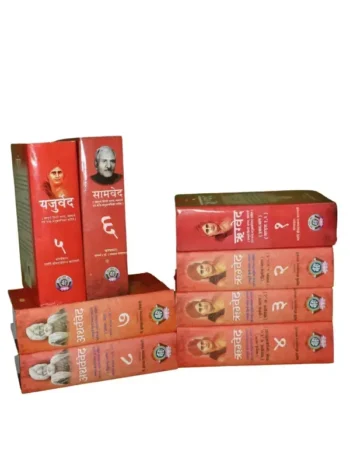
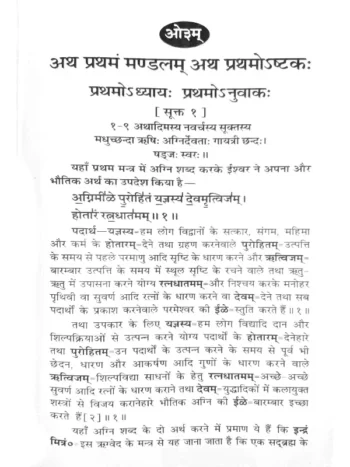
Reviews
There are no reviews yet.